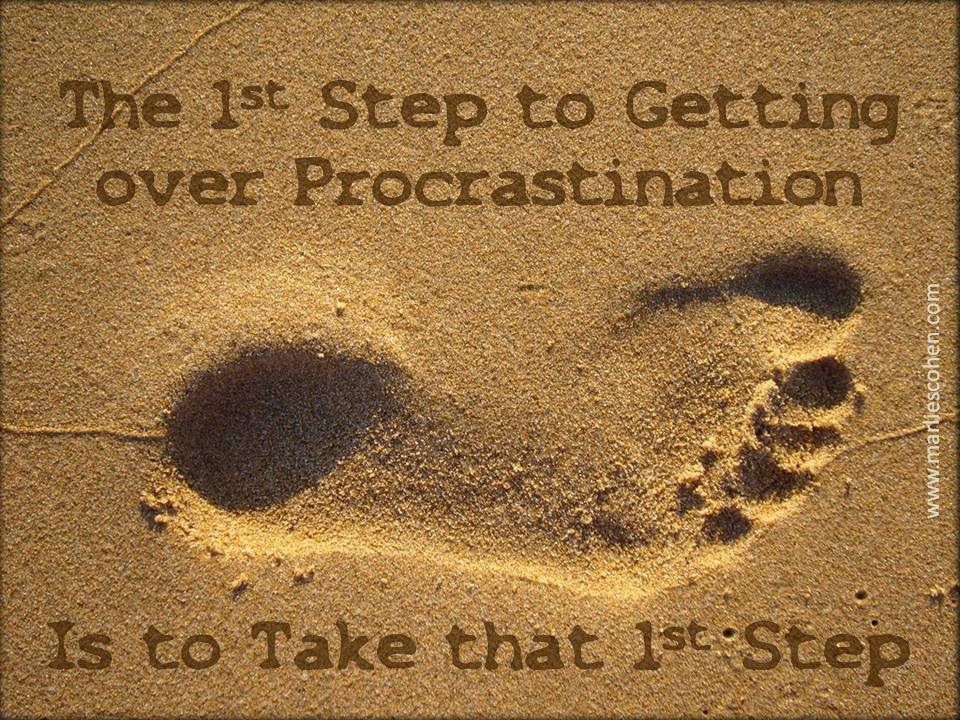Are you afraid of organizing an event? In this article, the author asks 5 professionals, specialised in event planning for their tips.
1. Listen To Your Audience–Right From the Beginning.
The last thing you want is to throw a conference, then find that there’s no interest in the topic. The best way to keep in touch with your audience? Survey them at the beginning stages of the event.
2. Let Your Fans Spread the Message
It’s easy to set your fans up to tell the right story. You just need to call upon them, keep them accountable, and make it easy for them to share.
Make sure it’s easy for everyone to use the same hashtag. Pre-fill your event’s Twitter hashtag into your mobile event app. This way anyone tweeting with the app will automatically use the same hashtag.
3. Ask your “event insiders” to live-blog
When executed well, live-blogging is a great way to get people excited about the sessions and attractions at your event. Keep posts short and media-rich, and aggregate blog posts into an RSS feed.
4. Send push messages for immediate attendee updates
In addition to a headset for communicating with your internal team, use your mobile event app’s push message capability to send urgent updates to all attendees.
5. Use a feedback tool to stay on track
And if someone has feedback they want to share? Provide an official place for event feedback in real-time.
6. Keep things in perspective
Even when things get hectic, you have to trust your team. You’ve all worked to get to there together!
Image source: Flickr – Shadowgate (CC BY 2.0)








Recent Comments